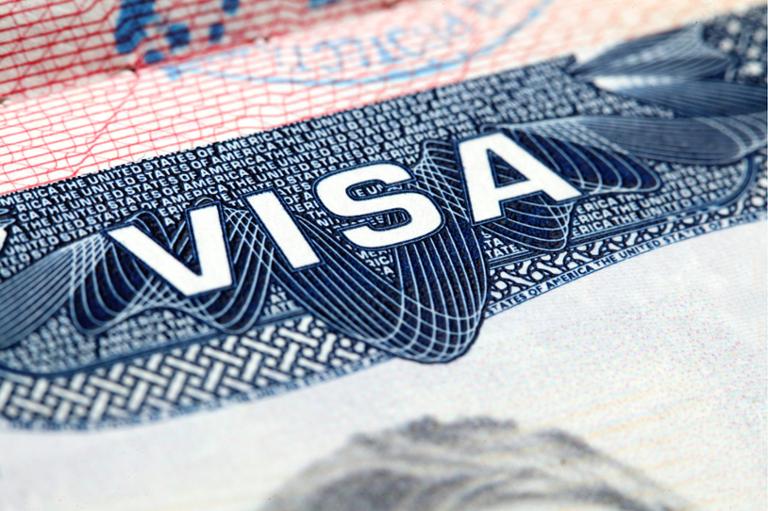In June, news leaked that the Trump administration was debating whether to limit the number of H-1B visa recipients from India. That cap would have been retaliation for India’s localized data-storage policies, which dictate that companies store Indian citizens’ payment-system data (such as credit-card info) within the country. But new reports suggest that such restrictions aren’t in the works.
According to Quartz, which drew its information from India Today, U.S. Secretary of State Mike Pompeo indicated during a three-day trip to India that no such plans are in place.
There’s currently no country-specific limit on H-1Bs. When the news first broke about possible restrictions over data localization, a source speaking to Reuters suggested they wouldn’t be limited to India: “Any country that does data localization, then it… would be limited to about 15 percent of the [H-1B] quota. It’s being discussed internally in the U.S. government.” U.S. companies such as Visa regularly complain that data localization curbs their ability to compete in other countries, since obeying those regulations requires that they build out country-specific infrastructure and staffing.
Even if the Trump administration doesn’t restrict the H-1B system by country, there are signs that it plans to institute a new registration system that could make applications more difficult for staffing and consulting firms. According to The Mercury News, companies applying for H-1B visas will need to submit an online registration form; the U.S. government will then choose which registrations can proceed to the actual application for the visa. There’s currently a 60-day commenting period on the registration tool, which will end on August 26.
And based on the Trump administration’s fiscal year 2020 budget, the fees for H-1B visas will only increase. “The Department’s budget includes $160 million to continue our expansion of apprenticeship programs, along with a proposal to increase H-1B fee revenues to fund additional apprenticeship activities,” R. Alexander Acosta, the U.S. Secretary of Labor, said in prepared remarks (PDF) to a U.S. Senate committee on May 2.
An increase in H-1B fees and restrictions would align with President Trump’s “Buy American and Hire American” executive order. Intended to “protect the economic interests of U.S. workers and prevent fraud and abuse in employment-based visa programs,” in the words of U.S. Citizenship and Immigration Services (USCIS), the executive order has resulted in a general tightening of H-1B policies (and the potential elimination of the H-4 EAS, which allows spouses of H-1B visa holders to obtain work).



